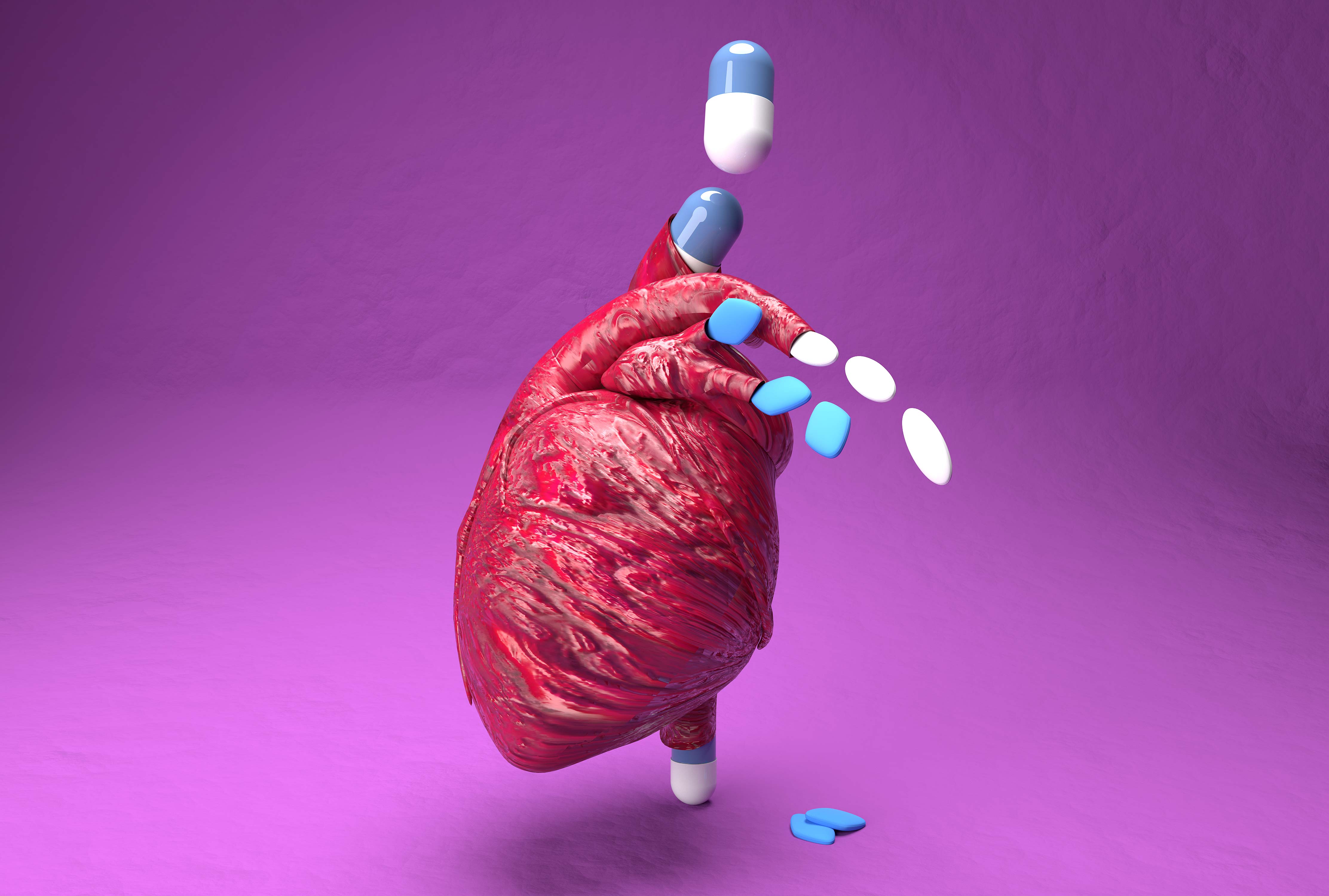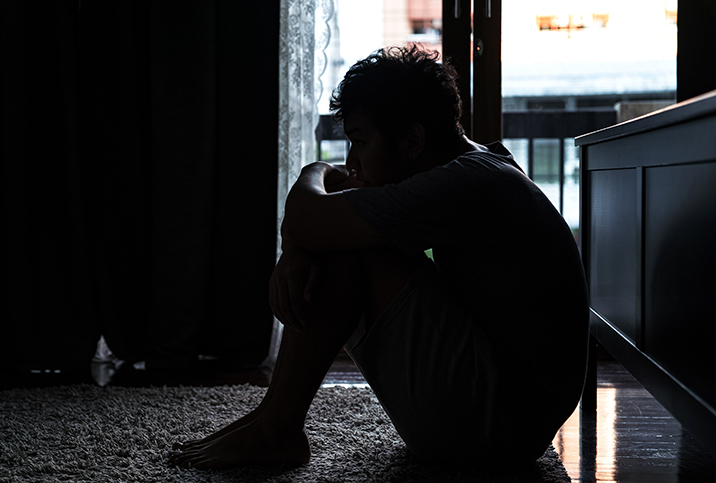4 Ways Sexuality Is Affected By Health

Almost all of us have experienced a common health issue that can alter our sexual confidence, desire and behavior: stress.
What about how other health concerns affect our sexuality? Disease, chronic pain and obesity all have the potential to alter how you feel about yourself sexually, and your levels of energy and enthusiasm for sex. Medical treatments can also change your sexual identity and interest in significant ways. For your own good and the good of your relationships, it's important to be aware of how health complications might have repercussions in your sex life, and what you can do about them.
Disease and sexuality
Blood vessel disease, hormonal imbalances and alcoholism or drug addiction are examples of diseases that can decrease sexual appetite. They may make it difficult to become aroused, to maintain an erection or to reach orgasm, and can also cause pain during intercourse for both women and men.
Following the diagnosis of a disease, it can be quite common to experience a lack of sexual interest. You may be worried about your partner's reaction to the disease, or the medical treatment might cause changes to your body that hurt your confidence or desire.
Chronic pain and sexuality
Chronic diseases range from arthritis to cancer to diabetes and beyond. Constant pain, fatigue and nausea are some of the common issues associated with chronic diseases, and these challenges can put a damper on romance. Meanwhile, side effects from prescribed medicines may also decrease your sexual appetite, arousal or ability to reach climax.
Adjusting to a chronic disease entails finding a new normal for your life. Be sure to include sex as part of your new routines and habits, perhaps considering the following adjustments:
- Be vocal with your partner if more of the load needs to be carried by them.
- Add more foreplay and oral sex. Think creatively and enjoy new situations.
- Don't rush—take it slow and easy and enjoy each other.
- Try having sex first thing in the morning, after getting a full night's sleep.
Medical treatments and sexuality
Prescribed medications such as Prozac, Zoloft and Paxil are a few treatments known to cause issues with a person's sexuality. Antidepressants can cause men trouble with erectile dysfunction (ED) and ejaculation. Medicines to treat high blood pressure, such as Aldactone, Aldomet, Hytrin and some beta blockers, can also keep blood from flowing to the penis, causing ED issues. Hormonal treatments such as Lupron and Zoladex may lessen sexual desire.
It's not only prescriptions, as some over-the-counter drugs can have serious side effects as well. For example, basic antihistamines and decongestants can cause both ED and ejaculation issues.
Cancer treatments such as radiation and chemotherapy can physically drain a person's sexual desire and energy. After some treatments, your doctor might warn you to avoid sex, or the pain or nausea might leave you preferring rest. Vaginal dryness can also come from cancer treatments.
If a medical treatment has changed the way you feel about sex or your ability to engage, it could be best to simply take time off from sex and your relationship in order to come back stronger and more desirous after abstinence. Alternatively, try some different approaches. You might be able to give your partner a whole new experience (while expending very little energy) by reading erotica together, watching porn or letting your partner talk dirty to you, and then watching your partner masturbate.
You might also get the support you need, or new ideas for handling this difficult situation, by talking with a therapist or with others with experience. Online groups are easy to find, or there are plenty of in-person support groups as well.
Obesity and sexuality
For people who are overweight, in good health and who love themselves for who they are, being overweight may pose no limitations on sexuality. For others, obesity can cause sexual issues related to body acceptance as well as flexibility and comfort. And physical and emotional blockages can become intertwined if you aren't comfortable in your own skin.
Support from your doctor
Talking with your doctor is a good first step in working through challenges around weight and sex. Talking to your doctor can be helpful for any changes you're experiencing with sex due to disease, chronic pain or medication as well. It may seem embarrassing at first, but your doctor has likely seen and heard it all, so the embarrassment is only on your side. Here are a few suggestions to make the conversation a bit easier:
- Practice bringing up the topic prior to the appointment. Try a direct line such as, "I would like to talk about some concerns I have about changes to my sex life."
- Be prepared with a written list of questions to take with you to the appointment.
- Don't be shy to give details, outlining your situation as specifically as possible. List all the things you've tried, what didn't work for you and what was successful.
- If it will make you more comfortable, take your partner to the appointment. They can share details for you and likely take away some anxiety just by being there with you.
- If you have pain during sex, make this the top priority of your discussion.
- Have a list of your medications handy.
It might be that your specific disease could allow for a different medication with less sexual side effects—a nice reward for being open and honest with your doctor. Remember that millions of people are struggling with these same issues, and medical professionals have many resources and are eager to help. Keep talking until you get the support you need to remain confident in your sexuality through physically challenging times and treatments.

















